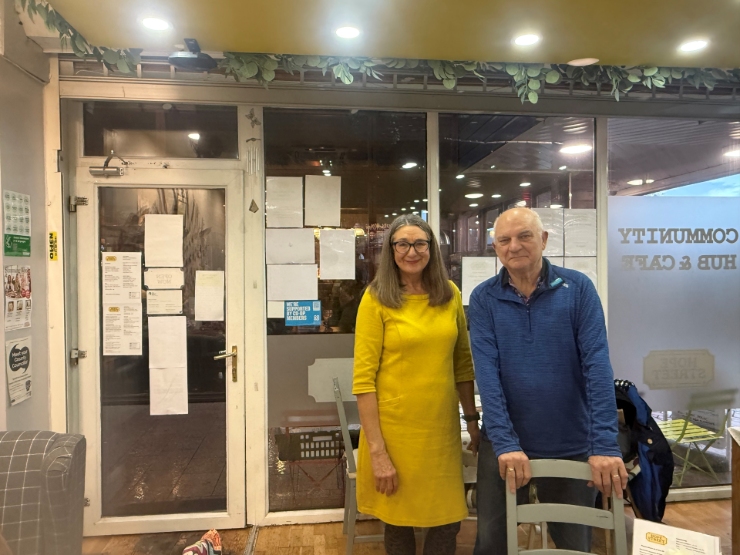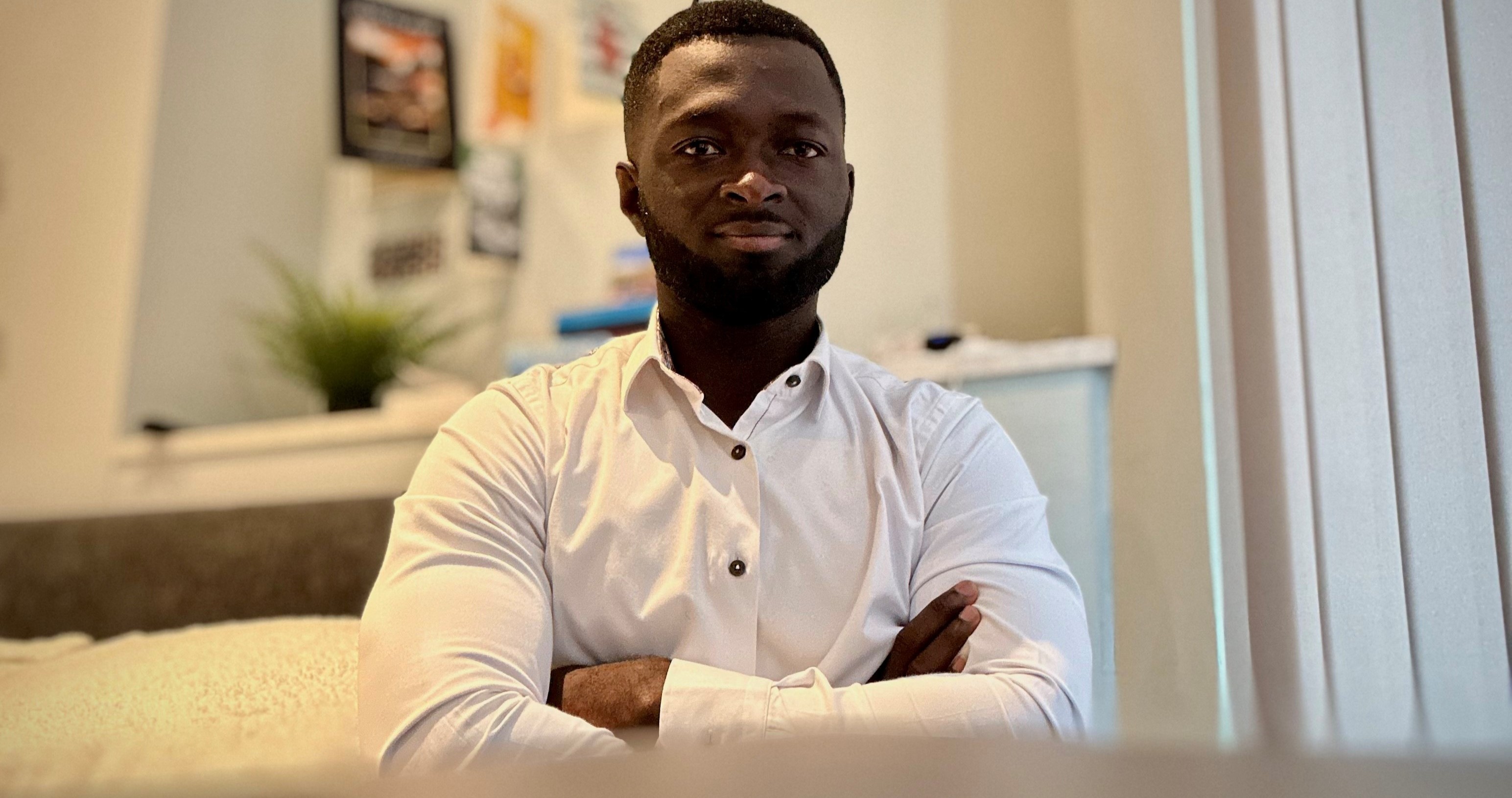
James Baillie
Diagnosed with diabetes in 2012
I think people believe that if diabetes doesn’t affect them personally, they don’t want to know. So, my philosophy has been “if I can help educate people by joining Diabetes UK, so be it."
James has experienced the changes that diabetes can bring. From an uncertain diagnosis to volunteering door-to-door, it’s been a learning curve.


